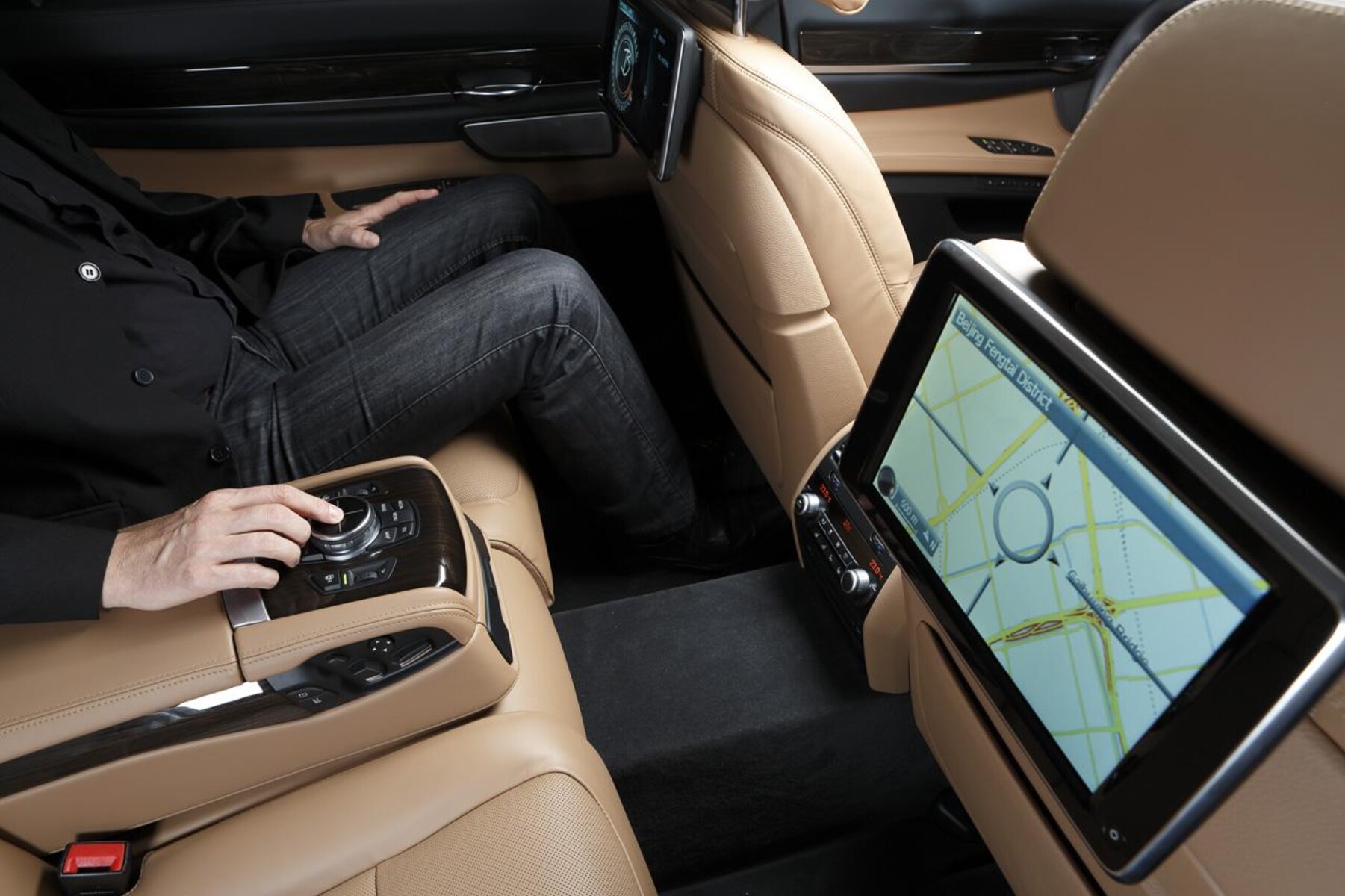BMW, a leading automaker, is making a bold move by fully embracing electric vehicles (EVs) for its future growth. The company’s Chief Financial Officer, Walter Mertl, recently emphasized the pivotal shift in the automotive industry, stating that the combustion engine reached its tipping point last year. With sales of traditional vehicles plateauing and a projected slow decline, BMW is placing increasing focus on electric vehicles as the key driver of growth.
Key Takeaway
BMW is decisively shifting its focus towards electric vehicles as a primary driver of future growth, marking a significant departure from its previous approach.
Commitment to EVs
Last year, BMW achieved a record-breaking sales figure of 2.5 million vehicles, with 15% being all-electric. This year, the company is aiming to sell 500,000 EVs, marking a 33% increase from the previous year. This resolute commitment to EVs signifies a significant shift in BMW’s strategy.
Transition Challenges
Previously, BMW had adopted a cautious approach, developing the CLAR vehicle architecture to accommodate internal combustion engines, plug-in hybrids, and full electric powertrains on the same production line. However, the company faced challenges in predicting the market direction, leading to delays in the launch of its first EV, the i4, which was built on the CLAR platform. The i4, while a notable EV, revealed compromises in design and functionality, deviating from traditional automotive practices.
























